AMBRA - Base Leader, Dive Instructor & Marine Biologist
Growing CoralsSince 2006, Baros has been engaged in coral restoration and planting. Several natural happenings increased the urgency to propagate corals. Rising water temperatures lead to increased stress on the corals, causing bleaching and eventually death. Although natural events, these are often the result of, or aggravated by, our human footprint.
For this reason, Divers Baros Maldives has been actively undertaking initiatives to protect the rich biodiversity and natural beauty of our house reef.
In 2008 the first artificial coral frame was placed under the Baros water villas. Since then, we have continued using various measures to safeguard our marine heritage.
When coral breaks, either by triggerfish or by humans, we try to save as many fragments as possible by transplanting them onto hard substrates in our safe nursery-like pools. Here, with fresh ocean water flow, they can grow undisturbed. We also use suspended lines in the blue lagoon on which coral is hung to grow and have also started using revolutionary reef glue, a cyanoacrylate gel used to mount displaced coral fragments and colonies to reef rock.
Guests can join our efforts by sponsoring personalized coral frames, with a name tag and love message attached, or an eco-friendly Coral Cube. To date, 458 coral frames have been sponsored by our guests.
The coral reef in our vast and sandy Baros Lagoon is growing, with the contribution by both guests and the dedicated dive and marine staff.
Our skilled Marine Centre team at Baros is committed to keeping abreast of the latest research on how we can help with the regeneration of the corals on our house reef. We are also passionate about educating staff and guests about our marine ecosystem and promoting sustainable tourism so we can help it flourish.
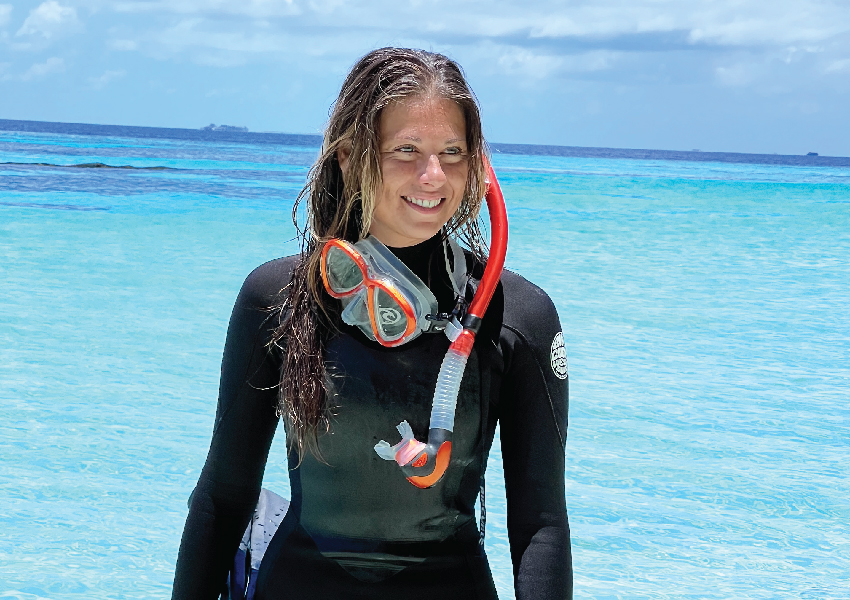
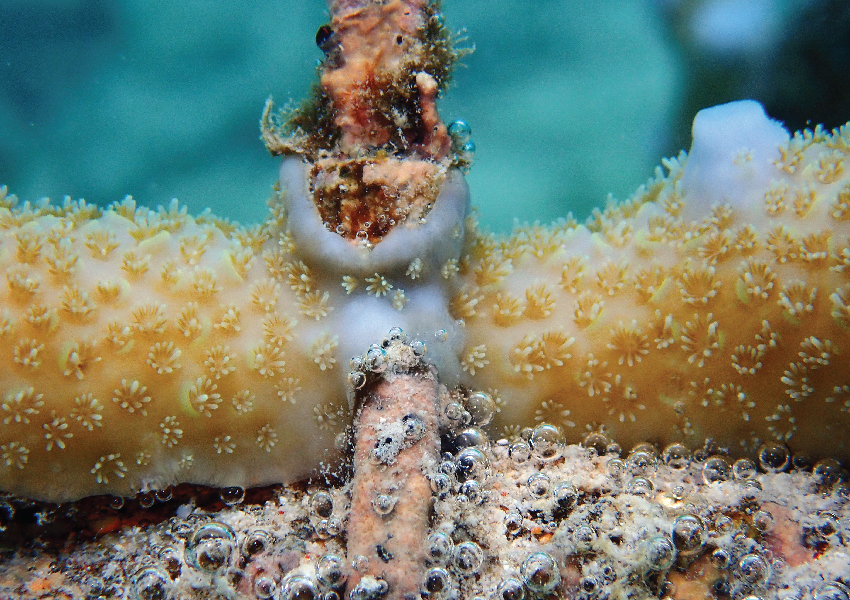
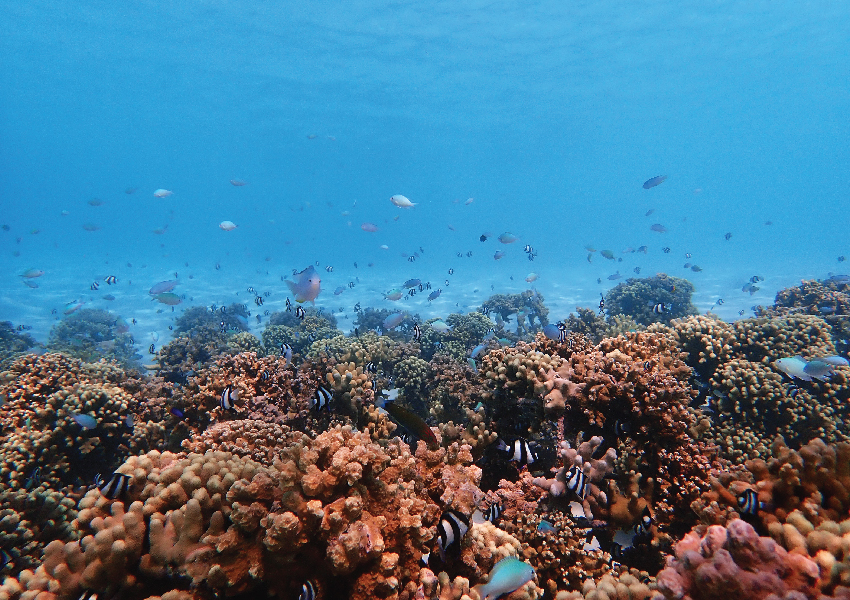
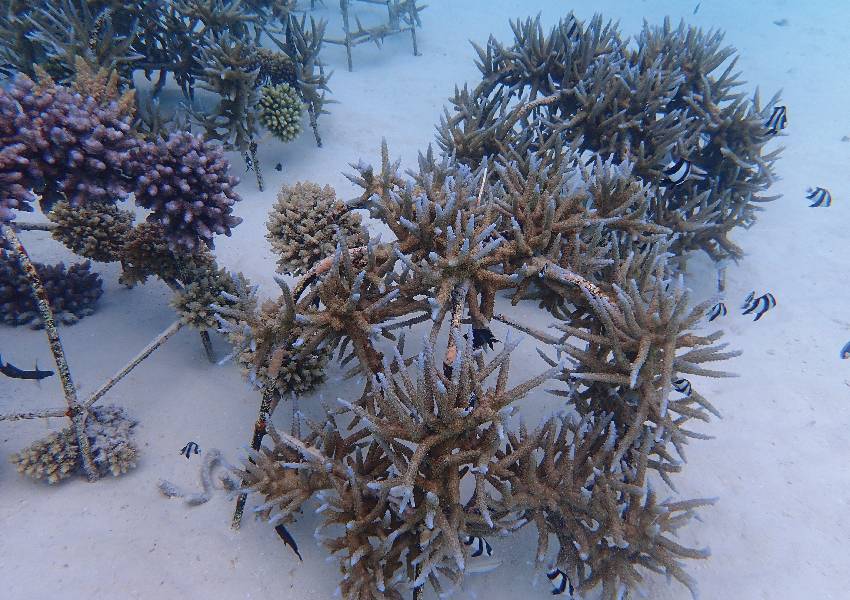
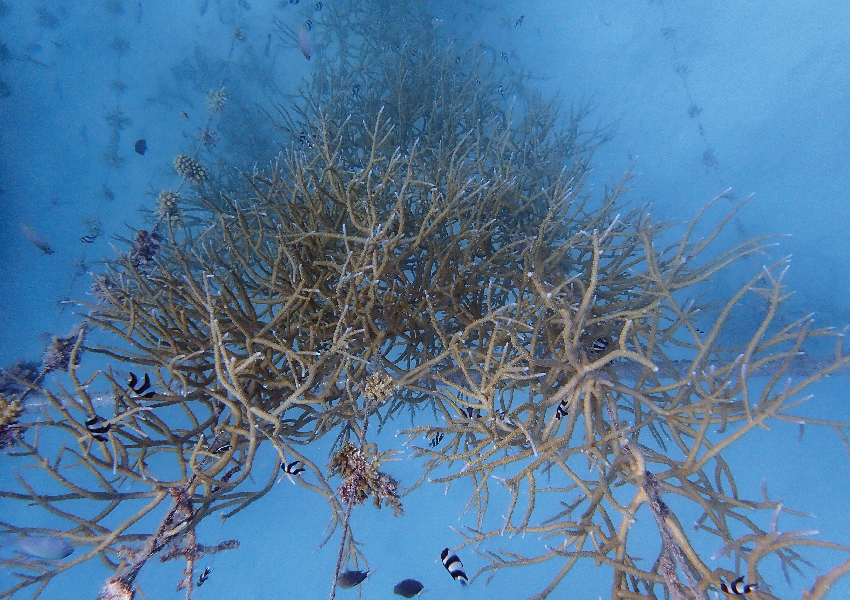

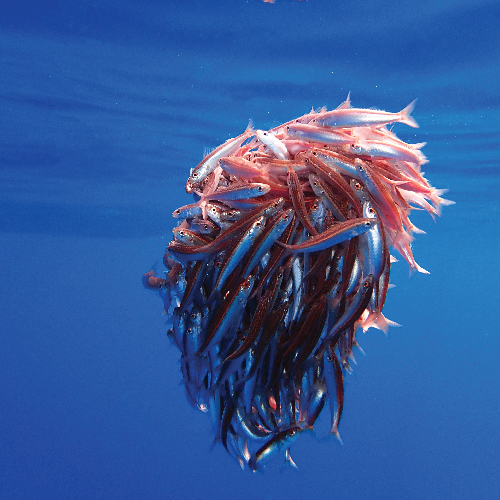
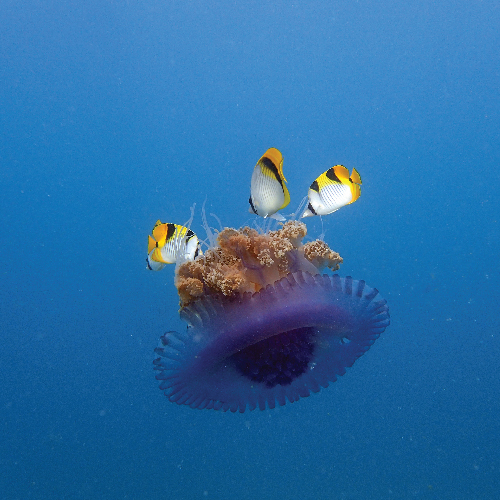
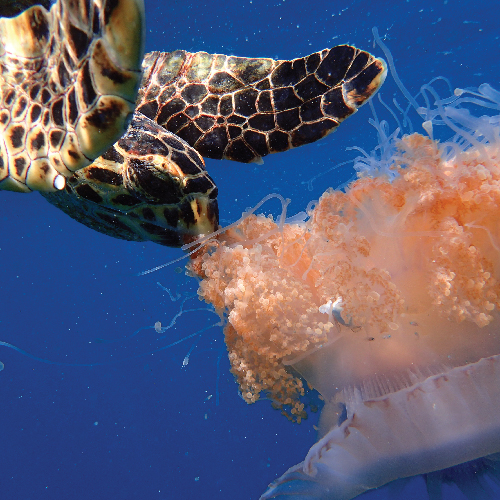

A journey towards zero waste
In all the world’s ecosystems, the balance of nature is central. Being connected with nature does not refer to just enjoying a hike, going diving or mountain climbing. Any human can admire the beauty of the world and be completely disconnected from it at the same time. Tuning ourselves into nature means living in equilibrium with it and obeying its rules.
Today, we as humans are largely disconnected from nature and this is taking its toll on us. There is so much that we can learn from the world around us if we stop long enough to pay attention. Modern concepts such as ‘Reduce, Re-use, Recycle’ have actually been around since the start of life on earth. It just took us a long time to catch on.
Underwater, sharks prey on sick and injured fish, acting as vacuum cleaners, keeping the coral reef healthy and clean. A single jellyfish will feed multiple animals on the reef for days, starting from greedy sea turtles and colourful sea butterflies, to surgeon fish eating the leftovers.
Giant clams are filter feeders, sifting out food from the sea, feeding themselves and filtering the water at the same time.
To help maintain this delicate balance it is important that humans recognize their impact on the ecosystems of the world and do their bit. Baros is committed to playing our part in safeguarding and nurturing our natural environment. Becoming fully eco-friendly in tourism is a long, slow process that requires dedication and consistency, but we are committed to the journey.
Some of the initiatives carried out in past years have included replacing plastic straws with paper straws and banning plastic bags. All water and refreshments bottles are now glass and are reused for multiple fillings.
It is the beginning of a journey towards more sustainable tourism, seeking eco-friendly solutions, and we can see the benefits already.
 English
English РУССКИЙ
РУССКИЙ DEUTSCH
DEUTSCH 简体中文
简体中文 Spanish
Spanish